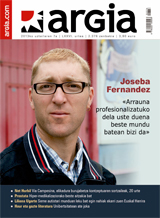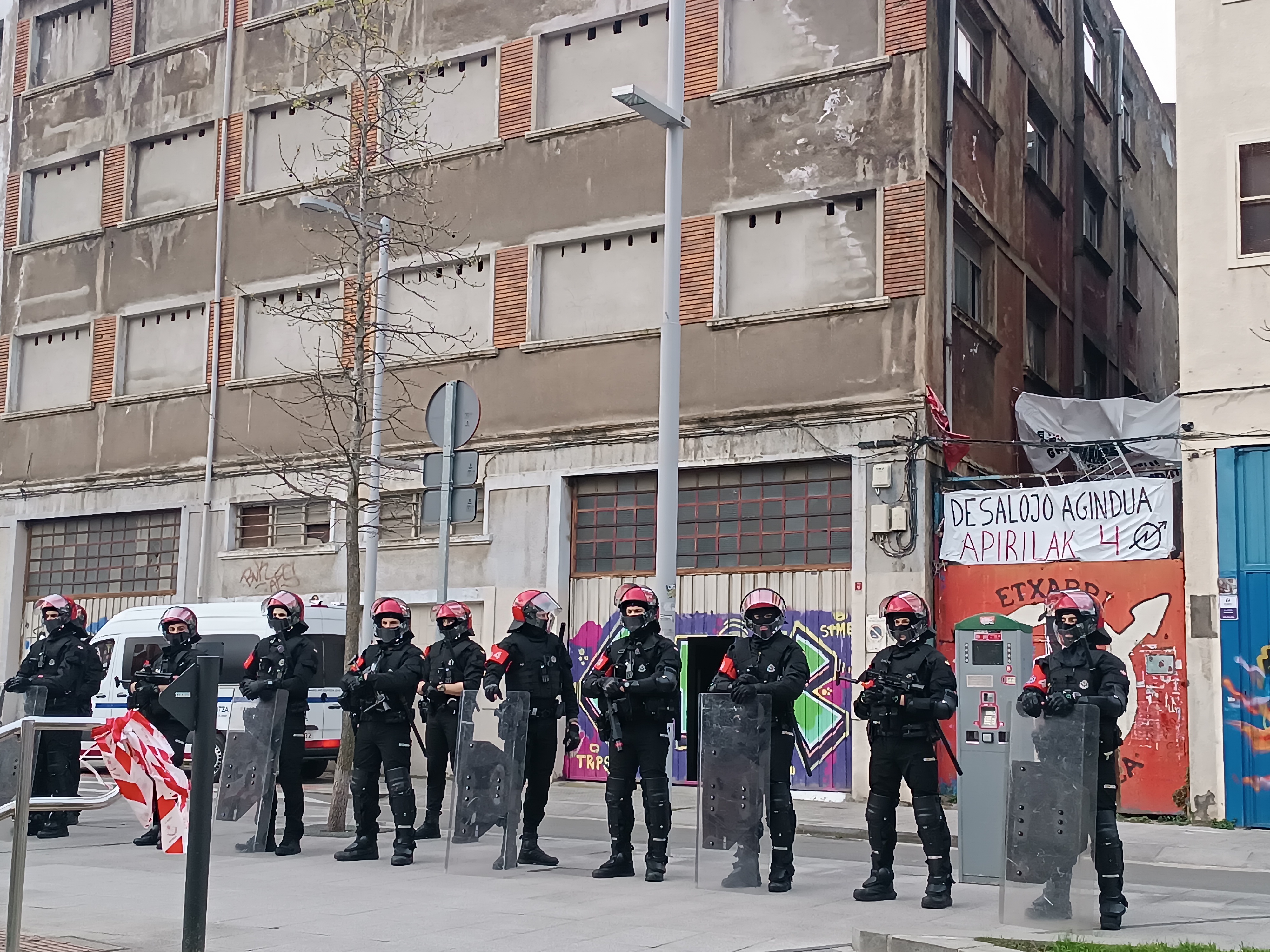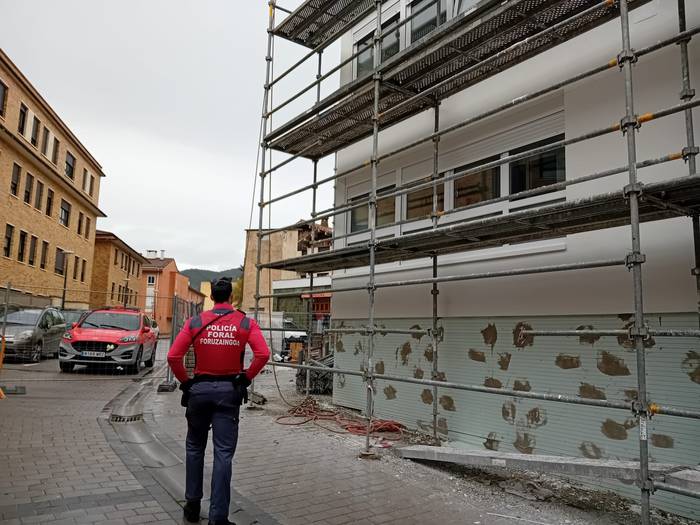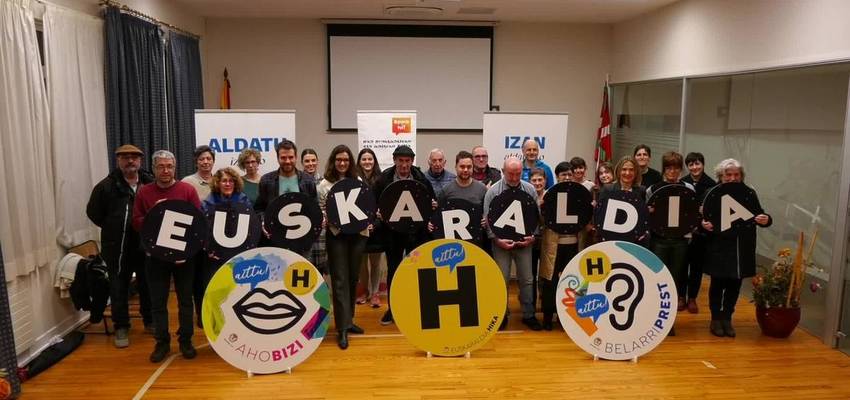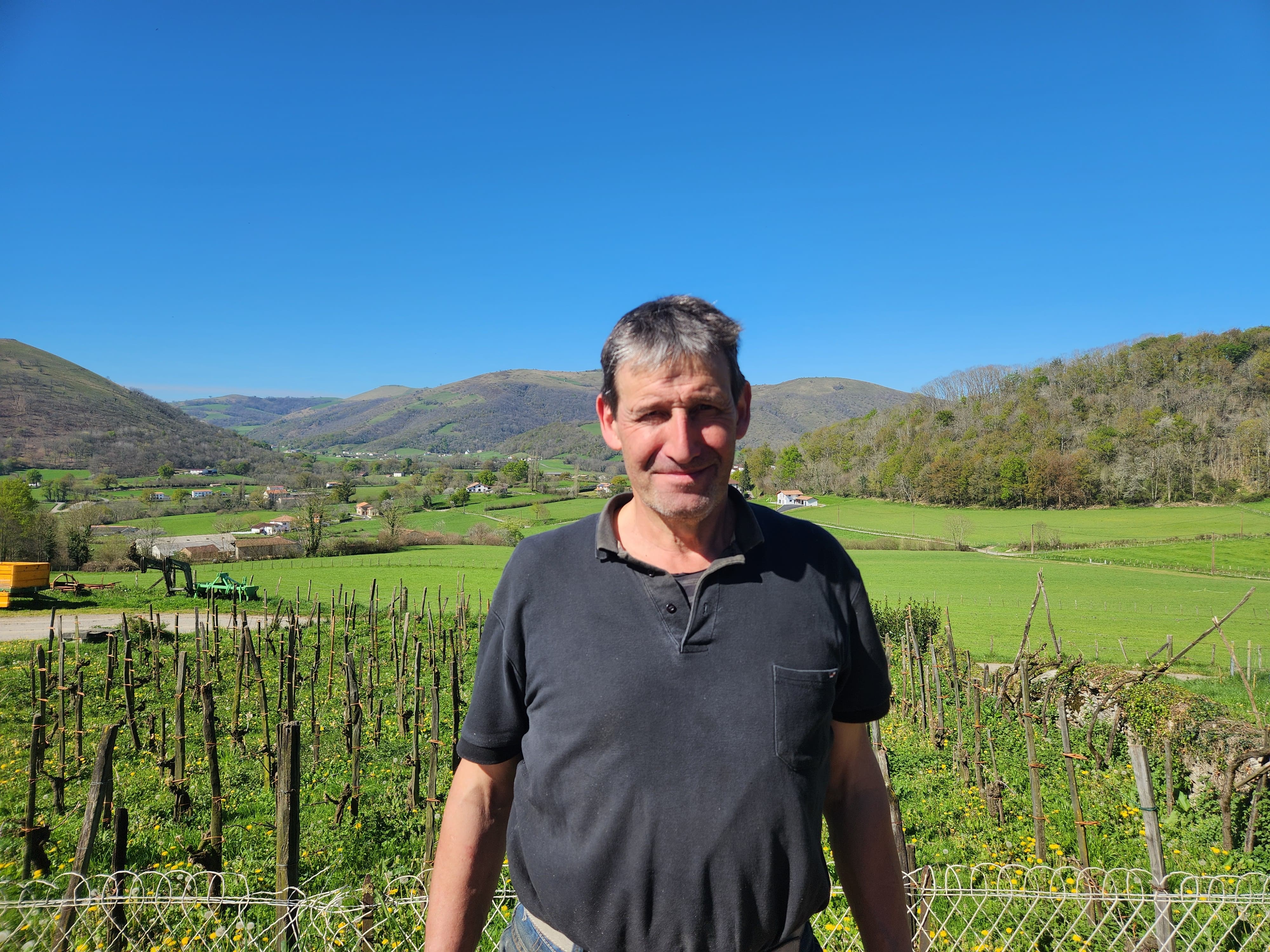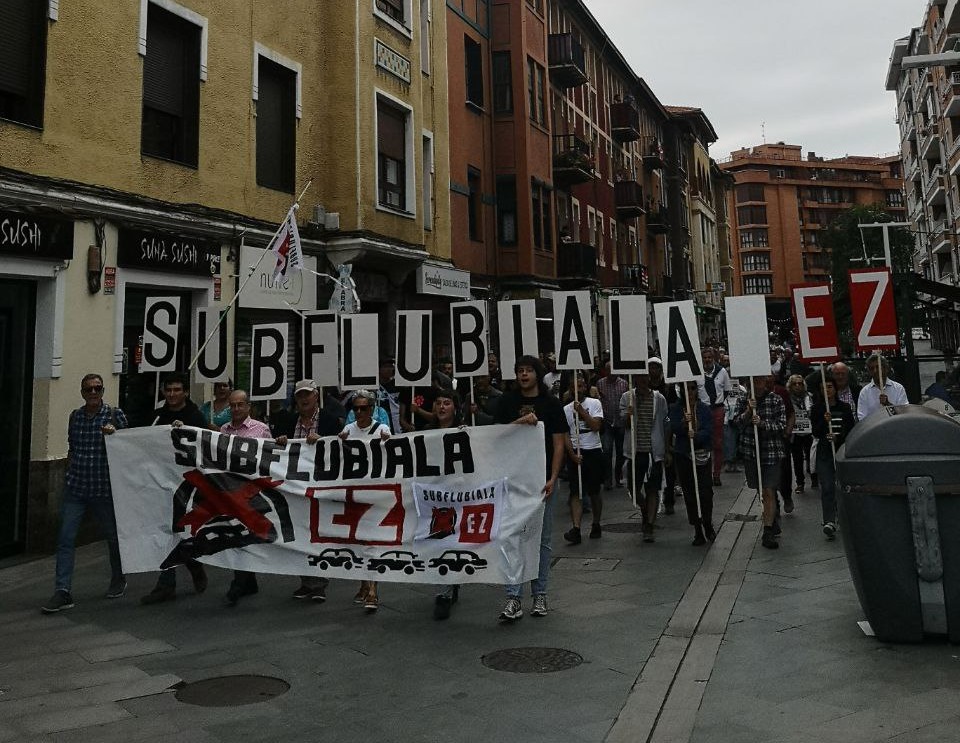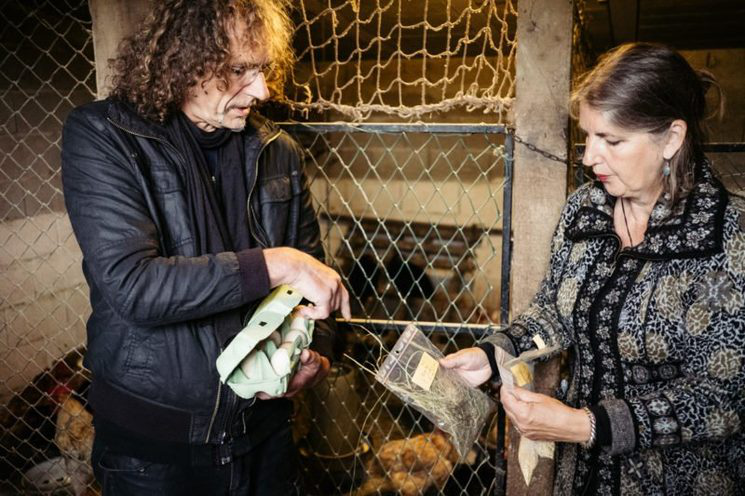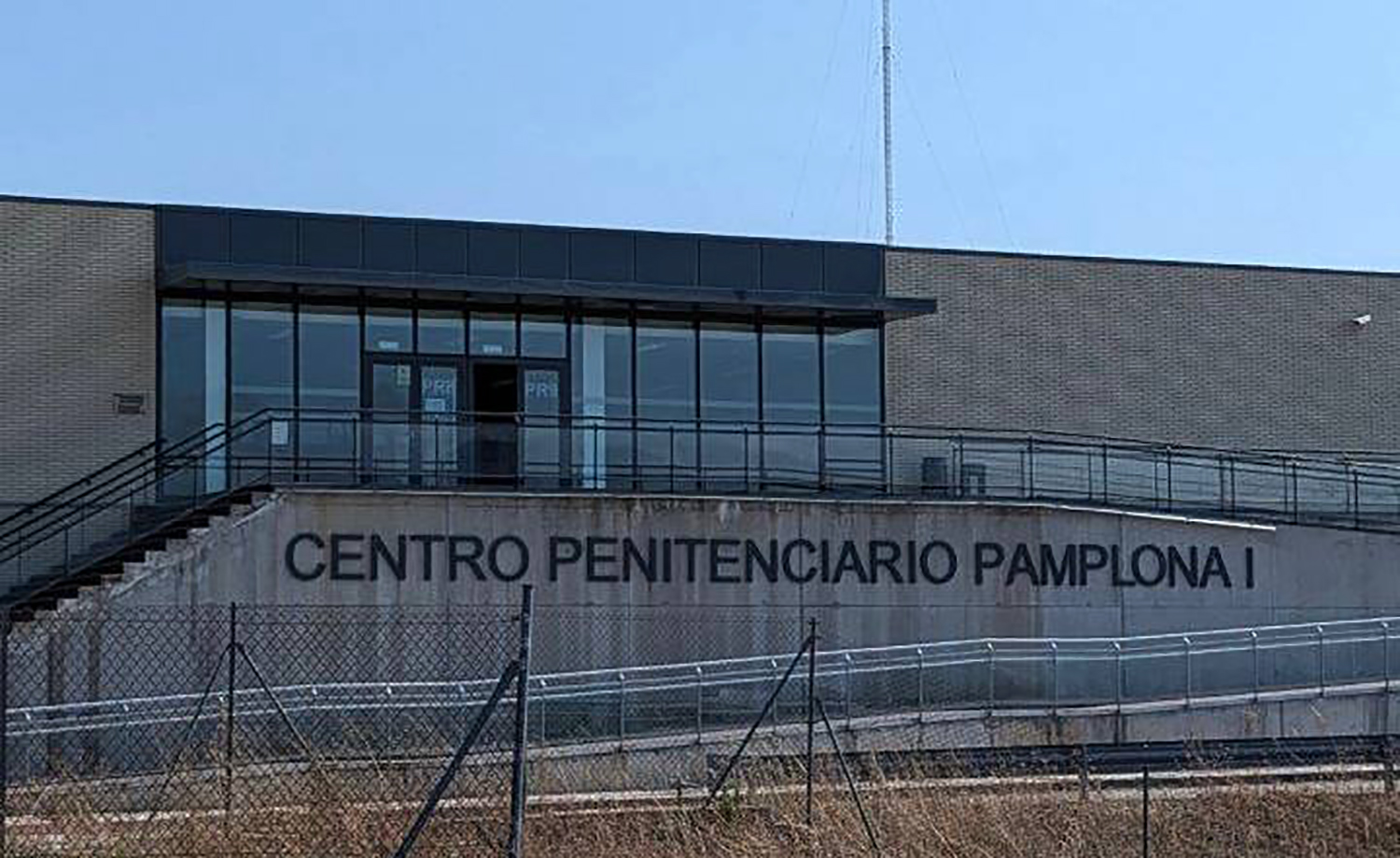What legal status would Catalan benefit from in an independent Catalonia?
- With the independent state in mind, there is a hot debate in Catalonia on the legal status that languages should adopt. Should Catalan and Spanish be cooficials? Or just Catalan has to be official? What if the national word were more appropriate than the use of the sense of officer?
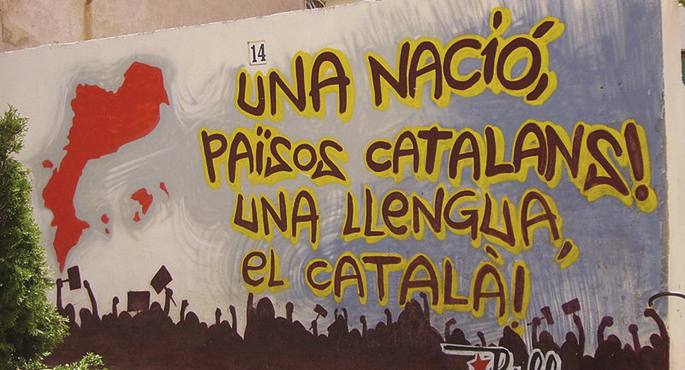
On 15 June, CAL (Coordinadora d’Associacions per la Llengua Catalana), Tallers per la Llengua and other Catalan support bodies organised a round table on the subject Les llengües en el nou Estat (Languages in the new state) in Sabadell. Four renowned experts from the Basque Country participated in the study: Carme Junyent, Jordi Solé i Camardons, Albert Pla Nualart and Xavier Vila. The following questions were asked for the debate: What should be the legal status of Catalan and other languages in an independent Catalonia? Will the state itself help to normalize Catalan? What are the consequences of the independence of Catalonia in other Catalan countries?
David Vila, organizer of the event, summarizes this: “There was a broad consensus in the recognition that cooficiality between Catalan and Spanish would not allow full normalization of Catalan. It would also be better for Catalan to use another alternative denomination than the ‘official language’, such as the national language, its own or the common language”.
In a supposedly independent state, the debate on the legal status that Catalan, Spanish and other languages should have is at present in Catalan society, and the debate on 15 June was another manifestation of that debate. As Vila herself says in her blog, a paradox is occurring: the defense of Catalan identity and the Catalan language has always been at the base of nationalism and independence; but for some at this time, language can become an obstacle to reaching the majority necessary to achieve independence. In the opinion of some, to say that Catalan will be the only official language can be used to vote for Castilian speakers; conversely, for others, turning both languages into official languages may hinder linguistic normalization. And among them, a lot of opinions.
Although the debate is very interesting from Euskal Herria, we cannot forget that the situations of Catalan and Basque are very different:
- Catalan has over 9 million speakers. It is one of the most spoken languages in Europe.
- Its linguistic scope covers Catalonia, Northern Catalonia, part of Aragon, Valencia, Balearic Islands, Andorra and the city of Alguer in Sardinia.
- In Catalonia, 95% understand it and almost 80% are able to speak.
- In Catalonia there have been no Castilian areas and the levels of knowledge are fairly homogeneous in the four provinces.
- Like French and Spanish, being a Romanesque language, it has little linguistic distance with respect to them and most of the inhabitants of the Catalan countries understand it.
- The minority situation of Basque and Catalan and the current legal status may be the greatest similarities between the two languages.
However, the debate is not new. It comes from last year. And in order to understand it better, it has to be said that almost all those who are participating are in favour of the independence and normalization of Catalan. In the following lines we will give a general and concise view of the debate, even if we know that many aspects, nuances, names and proposals will be left out.
In early 2012, the journalist Eduard Voltas wrote in the newspaper Ara the articles La tribe o l’estat (tribe or statue) and En castellà també, sisplau, arguing that in the independent Catalan state Castilian and Catalan should be official to overcome the divisions between the identities of Catalan society. Among those who did agree with this opinion are Albert Branchadell or Xavier Vila. This trend, which Miquel Gil describes as post-Catalanism in Racó Catalan, aims to integrate the identity elements of those who feel Spanish and Spanish, always defending the full normalization of Catalan. Voltas, located in the political realm of Esquerra, also defends these ideas in his last article on the subject, Ho veig different, Carmen, in response to an Asturian immigrant who considers his paternalistic tendency and opposes the official status of Spanish.
However, the views against the Spanish officialdom soon appeared. Sociolinguistics Gabriel Bibiloni defends, for example, three basic ideas: Catalan must be the only official language of the state; Spanish and the other languages spoken in Catalonia must be respected and preserved, but their knowledge must not be imposed, and Catalan must be the common language for social cohesion. In his view, a society without a strong national language could not prevent some of the population from remaining monolingual and this would lead to conflicts in the future, as if Spanish remained official, linguistic substitution would also continue. This is how Albert Pla i Nualarte wrote in his article The Hug of the Bear in March of last year: “Only by taking Catalan as a common and national language will social cohesion and real participatory democracy be achieved.” Andreu Barnills, in Vilaweb, instead of a bilingual model, proposed a rapid, flexible and inclusive public management of multilingualism as the most important contribution that Catalonia can make to Europe. Also, Juan Carlos Moreno Cabrera was against this option, but did not want to fail.
Although they have not got too much into the debate, President Artur Mas, Oriol Junqueras of ERC or Joan Herrera of ICV have shown themselves in favor of Voltas' thesis stating that in an independent state Catalan and Spanish would be official to avoid division and confrontation and to respect the linguistic rights of all. Toni Strubell of the SI has argued that Catalan is the only official language in the Basque Autonomous Community.
Among them, other alternatives have been identified:
Former Secretary of Linguistic Policy Miquel Strubell believes that the word "co-officer" can be misleading if Catalan and Spanish have the same legal rank, because Catalan will have all to lose. It criticises the arguments used by these two parties to defend co-ordinality and proposes: it does not consider it compulsory for there to be an official language, but it does consider it a national language and legal protection of linguistic rights for all others. The sociologist Salvador Cardús has shown a similar position.
Vicent Partal, director of Vilaweb, has also demonstrated against the Spanish official and has proposed not to have an official language and for each institution to develop legislation adapted to its sociolinguistic reality. For example, in a municipality where there is a large proportion of Amazigh immigrants, there is also a degree of officialdom to this language.
Former ERC MEP, Bernat Joan, has defended asymmetrical officialdom or officialdom at different rates: Catalan should be a national preferential language in the new state and therefore official. Plum occitan. And Spanish and English can be official, but to a lesser extent.
A debate to follow carefully from Euskal Herria.
I'm talking about Interview. With water and sand
Authors: Telmo Irureta and Mireia Gabilondo.
The actors: Telmo Irureta and Dorleta Urretabizkaia.
Directed by: Assisted by Mireia Gabilondo.
The company is: The temptation.
When: April 2nd.
In which: At the Victoria Eugenia... [+]
Euskal Herriko Laborantza Ganberak hogei urte bete ditu. 2005ean sorturik, bataila anitzetatik pasa da Ainiza-Monjoloseko erakundea. Epaiketak, sustengu kanpainak edota Lurramaren sortzea, gorabehera ainitz izan ditu hogei urtez.









